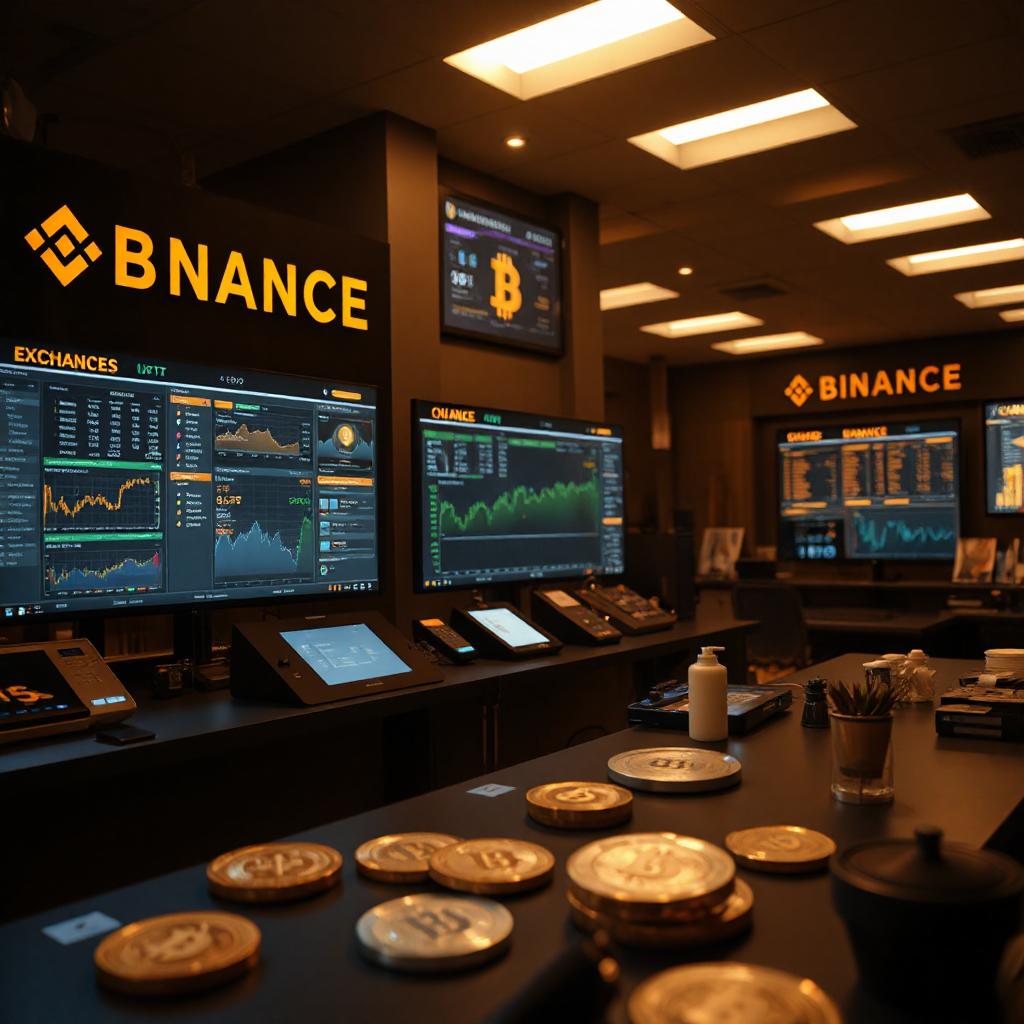Introduction to Exchanges
Exchanges are digital platforms that facilitate the trading of various assets, such as cryptocurrencies, stocks, or commodities. In the world of blockchain and finance, exchanges play a crucial role by connecting buyers and sellers, allowing them to trade seamlessly. They ensure liquidity, provide pricing data, and enable secure transactions in the marketplace. The rise of cryptocurrency and blockchain technology has led to the development of specialized exchanges tailored for these digital assets.
We need exchanges because they simplify the buying, selling, and trading process, offering users a trusted intermediary for secure transactions. Without exchanges, traders would need to rely on peer-to-peer methods, which can be risky, time-consuming, and inefficient. Exchanges standardize trading, giving users confidence in market pricing, access to assets, and fast transaction completion.
Exchanges bring numerous benefits, including transparency, liquidity, and ease of access. For cryptocurrency users, they offer a bridge between digital currencies and fiat money, allowing users to enter or exit the market effortlessly. Additionally, they help ensure the security of trades by using various encryption and authentication methods.




